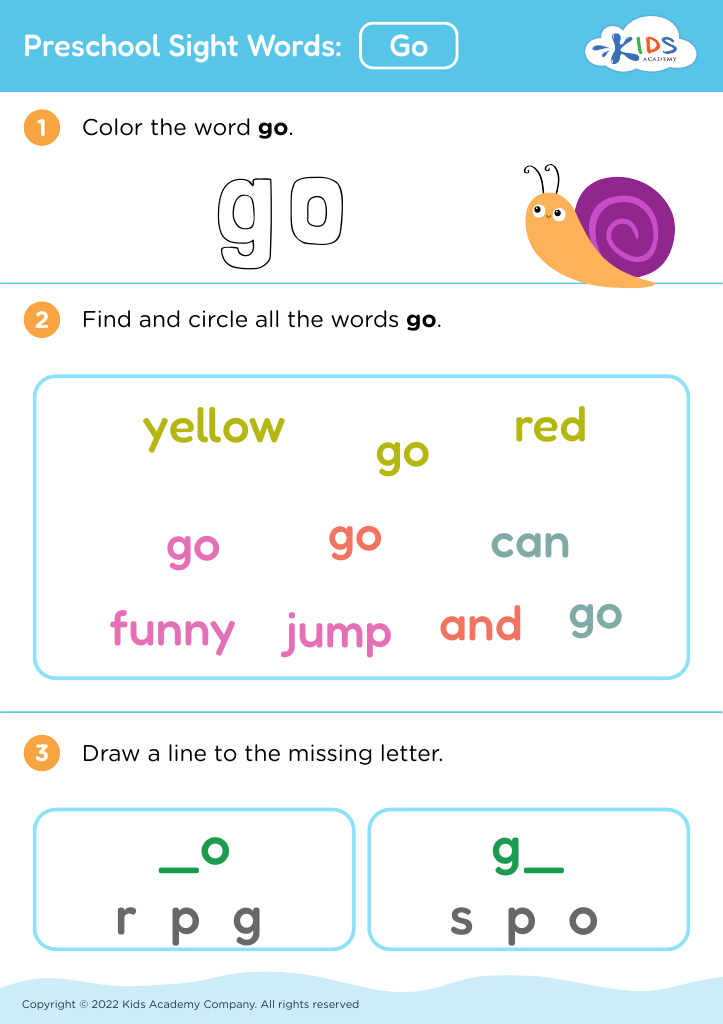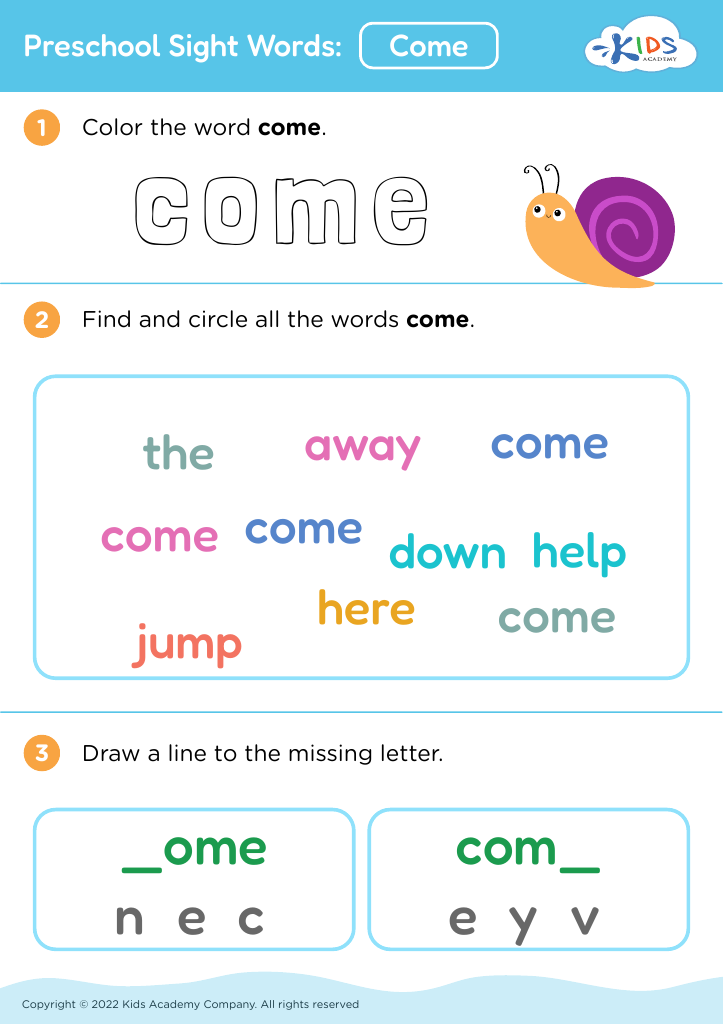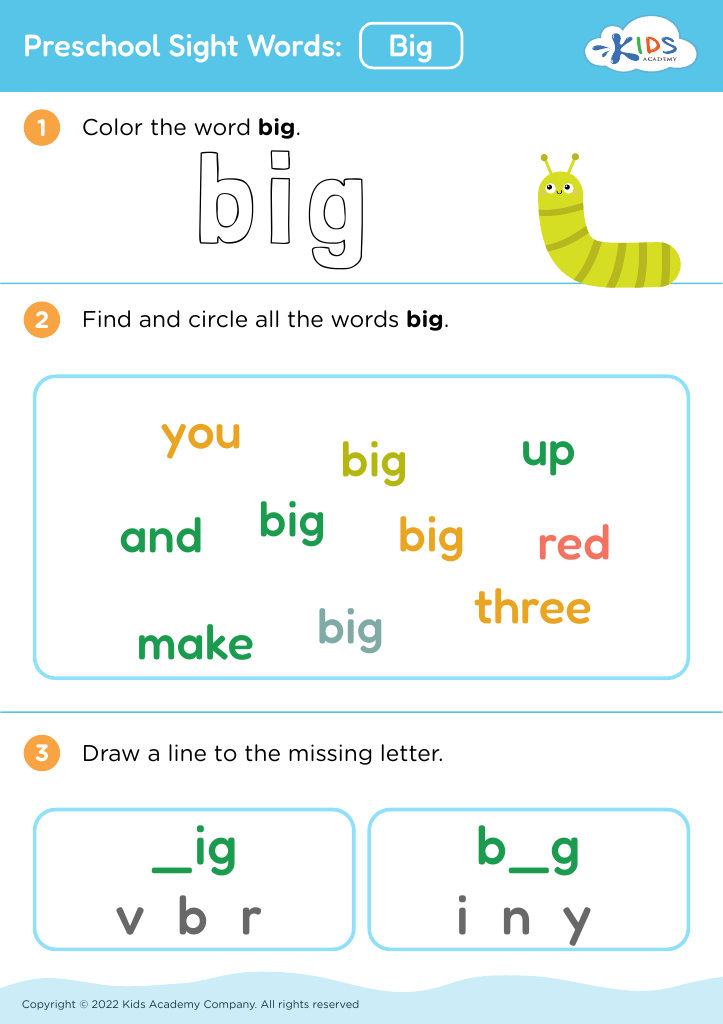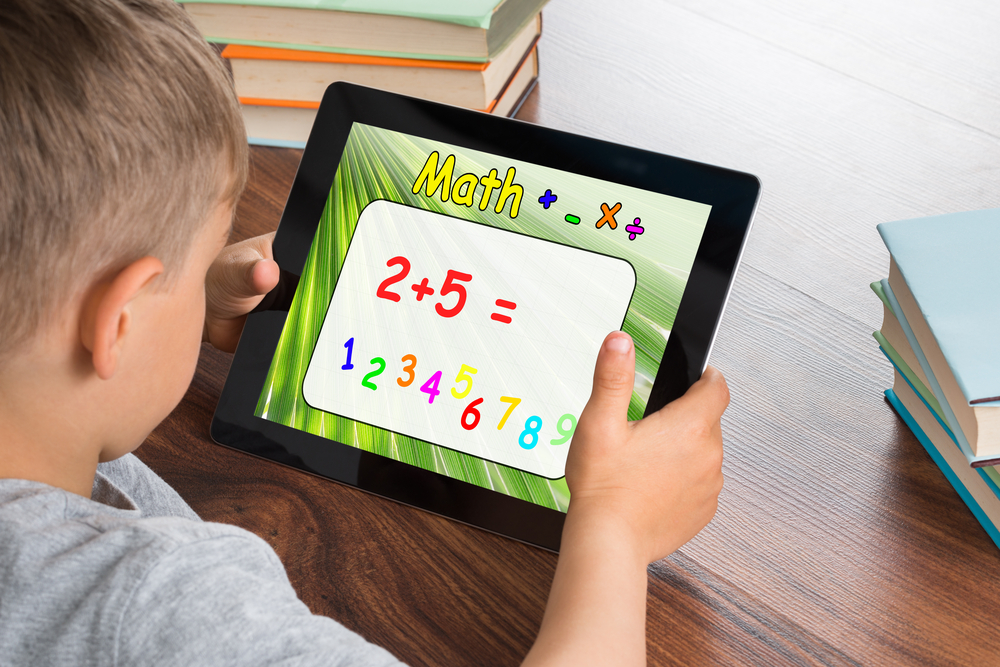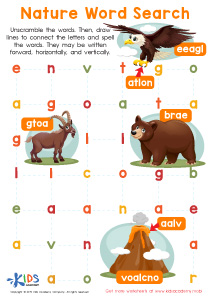Logical Reasoning Sight Words Worksheets for Ages 3-7
3 filtered results
-
From - To
Enhance your child's reading and critical thinking skills with our "Logical Reasoning Sight Words Worksheets for Ages 3-7." Designed to boost early literacy, these engaging worksheets blend sight word recognition with fun logical puzzles tailored for young learners. Children will not only memorize essential sight words but also develop their problem-solving abilities through age-appropriate activities. Perfect for home or classroom use, our worksheets provide a solid foundation for reading fluency and logical reasoning, making learning an enjoyable adventure for kids and a valuable resource for parents and educators alike. Unlock your child’s potential today!
Logical reasoning sight words play a crucial role in the cognitive and linguistic development of children aged 3-7. These are foundational terms that young learners frequently encounter in their surroundings, such as "and," "or," "if," "then," "all," "some," and "none." Familiarity with these words not only aids early reading skills but also enhances logical thinking, problem-solving abilities, and comprehension.
Firstly, understanding logical reasoning sight words bolsters reading fluency and comprehension. Children learn to identify key concepts and connect ideas within sentences. For example, concepts of cause (if-then) and inclusion/exclusion (all/none) are part of everyday language and learning. These foundational skills are imperative for academic success across various subjects including math, science, and story comprehension.
Secondly, early exposure to logical sight words nurtures critical thinking. Recognizing these words allows young learners to process information clearly, analyze scenarios, and deduce conclusions. This developmental step is significant for children to understand the world around them, follow instructions accurately, and engage in meaningful conversations.
Finally, grasping these key words can significantly enhance a child's confidence and independence in both learning and social interactions. Parents and teachers should therefore prioritize them in educational activities, ensuring children are well-equipped with the fundamental building blocks for future academic achievement and intellectual growth.

